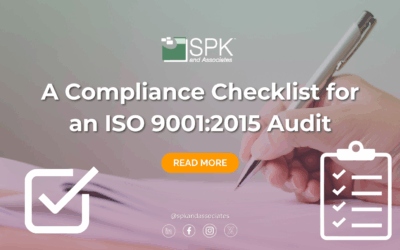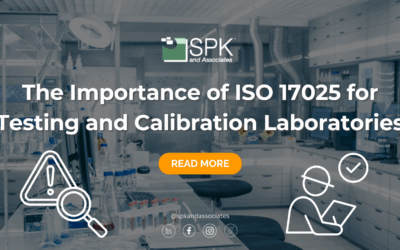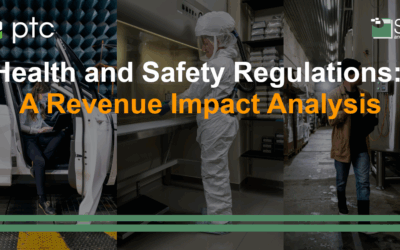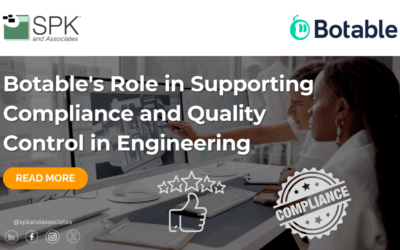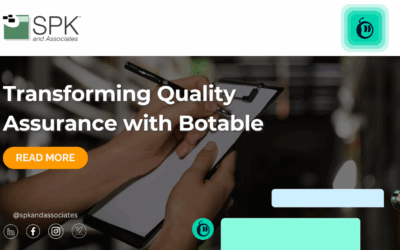Modern product development depends on speed, traceability, and collaboration, yet many enterprises still operate with disconnected systems. This fragmentation makes it difficult to deliver high-quality, compliant products on time. A connected digital thread changes...
Edwin Chung
5 MES Trends for 2026 — and How to Get Ahead
Manufacturing execution systems (MES) are evolving faster than ever. Rising sustainability requirements, ongoing workforce shortages, increasing product complexity, and tighter regulatory oversight are pushing manufacturers to rethink how they run shop floor...
Modernizing Life Sciences: Unlocking Value Through Digital Transformation
Biopharma and medtech leaders are under constant pressure to accelerate clinical development and satisfy increasingly demanding regulators. Digital transformation is the way to do this. This doesn’t just mean adopting new tools, but rather rethinking how science,...
The Role of Managed Services in Scaling Engineering Projects
Introductions Hi everybody. I'm Michael Roberts, Vice President of Sales and Marketing here at SPK and Associates. And today we're discussing a topic that's shaping the future of product development and engineering. And that's the role of managed services and managed...
A Compliance Checklist for an ISO 9001:2015 Audit
ISO 9001:2015 is the internationally recognized standard for Quality Management Systems (QMS). It helps organizations consistently deliver quality products and services, meet customer expectations, and drive continual improvement. Achieving ISO 9001 certification...
The Importance of ISO 17025 for Testing and Calibration Laboratories
Testing and calibration laboratories play a critical role in industries ranging from manufacturing and chemicals to healthcare and research. Their results often influence product safety, regulatory compliance, and customer trust. Organizations must ensure their...
Health and Safety Regulations: A Revenue Impact Analysis
Compliance with environment, health, and safety (EHS) regulations is critical for organizations across fields. This is not just due to the importance of creating safe products, but also due to the financial benefits. The inability to compete in markets with...
Botable’s Role in Supporting Compliance and Quality Control in Engineering
In regulated engineering environments, maintaining compliance and managing quality controls are non-negotiable. However, navigating compliance documentation, procedures, and quality workflows can feel overwhelming for engineers. That is where Botable comes in. Botable...
How Botable Integrates with eQMS to Enhance Engineering Workflows
Delivering innovative products while ensuring quality and compliance can be tricky. Engineering teams in regulated industries must often navigate complexities such as Quality Management Systems (QMS) full of SOPs, work instructions, forms, and compliance...
Understanding AS9100 Rev D: What Aerospace Manufacturers Need to Know
In the aviation, space, and defense (AS&D) industries, a single component failure can lead to catastrophic consequences. To mitigate these risks and ensure consistent quality, the International Aerospace Quality Group (IAQG) developed the AS9100 Quality...
Transforming Quality Assurance with Botable
Quality assurance (QA) teams grapple with information overload, regulatory compliance, and bottlenecks caused by manual document retrieval. After years of working with different QA teams struggling with the same issues, we discovered Botable. Botable is an AI-driven...
Steps to Implement an Effective CAPA Process in Your Organization
Corrective and Preventive Action (CAPA) is a cornerstone of quality management in regulated industries. The CAPA process is essential not only for addressing current issues but also for proactively preventing future ones. It’s systematic, closed-loop, risk-based, and...






